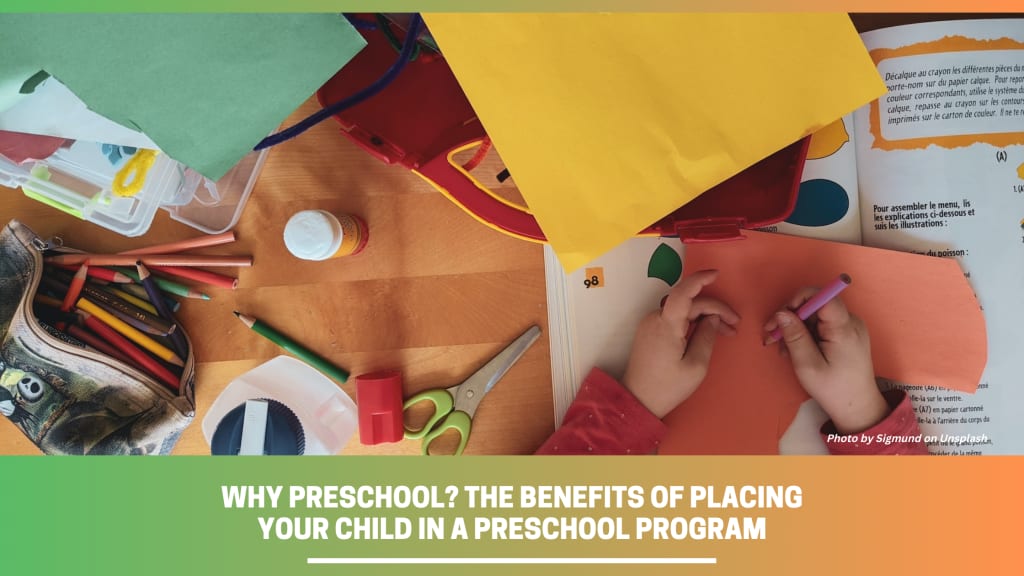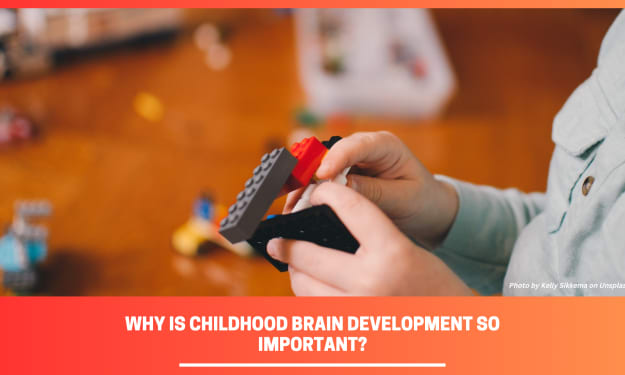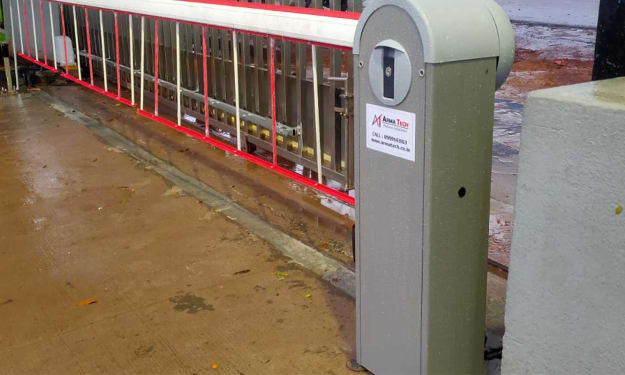Why Preschool? The Benefits of Placing Your Child in a Preschool Program
Many parents brag about their child's preschool and the high level of education he will receive before he is even required to attend school.

Sitting on a playground listening to other mothers discuss their child's future, the key topic is preschool and learning resources for preschoolers. Many parents brag about their child's preschool and the high level of education he will receive before he is even required to attend school. While others are still looking for the ideal school to educate their child beyond kindergarten. An intellectual, non-mother might wonder why preschool is so important and what the benefits and drawbacks of sending your child to school at such a young age are. Preschool is regarded as the starting point for our children's education. Education is believed to be implemented at a young age to set the standard for future schooling.
Parents are deeply concerned about their child's education and making the right impression on their peers as well as their child's future needs. Though this is an extreme example, preschool can be a good source of education if the school focuses on allowing children to be children.
The direction and the quality are largely determined by the parents
The direction and quality of this destiny are largely determined by the child's parents during the first seven years of life. Children who are exposed to learning at a young age can truly understand the value of education in their lives. Instead of viewing school as a chore, these children will see it as an opportunity to better themselves. Teaching a child the value of education is one way for parents to raise a successful child.
Preschool is more than just coloring books and painting pictures. Each process trains the child's mind to think in a new way. Children who attend high-quality preschool programs have a better transition to kindergarten, are more successful in later school years, and have higher verbal and intellectual development than children who do not attend high-quality programs, according to research.
Some intriguing arguments have been advanced as to why preschool is so important. One intriguing aspect discovered is the concept of language. Language development should begin at a young age and is the foundation for teaching a child to read. According to studies, children learn the majority of their language skills by the age of eight, making preschool an important learning tool for developing their speaking skills. Typically, the same books are read over and over again in preschool. This is because "adequate repetition of the same words, phrases, and language structures is required for effective language acquisition." Children learn by repeating words, which is an easy skill to develop in a preschool setting.
Disciplined and Work Ethics
Another advantage of preschool is that discipline and work ethics are quickly developed in a preschool setting. It may appear strange to associate the word "discipline" with preschool, but discipline is easily established through routine repetition and the developmental structure of the schools. Their attitudes will change as they adjust to focusing on learning, and they will establish a foundation for their concentration routine, which will be integrated into their elementary education. By putting their minds in an educational mode, their work ethics will develop. It is a very simple concept.
The students' social competence is the most important aspect of preschool.
Furthermore, these children have high levels of social competence (self-esteem, social behavior, and motivation), which is an important predictor of adult adaptation. Children learn important social skills such as initiating and developing satisfying relationships with adults and peers, developing the ability to regulate emotions, communicating needs, desires, and difficulties, and engaging in age appropriate problem solving under the guidance of responsive and consistent teachers in a nurturing environment and communication with parents.
Preschool students will have social skills in place before kindergarten and will be able to contribute positively to the classroom. Preschool programs capitalize on children's strengths and enable them to reach their full potential.
Children will have respect for their teachers, peers, and community by the end of the preschool year. They will enjoy learning and will have learned to love themselves.
About the Creator
Amit Kumar
Full-time thinker & part-time writer...






Comments
There are no comments for this story
Be the first to respond and start the conversation.